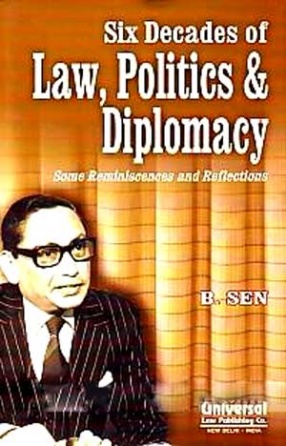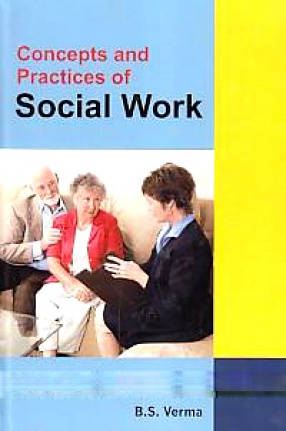In this work the author relates his experiences and talks about the events he had witnessed during the past six decades beginning with his early days at the privy Council Bar in London, His move to India to practice before the newly created Supreme Court, his association with the Ministry of External Affairs under Pandit Nehru followed by his assignment as head of an Inter Governmental Agency associated with the United Nations.
The author talks about the Supreme Court, its contribution and growth during the formative years, the great judges who adorned the Benches and the famous men of the law like M.C. Setalvad, C.K. Daphtary, P.R. Das Sir S.M. Bose, G.S. Pathak and M.K. Nambiar. He then goes on to relate the radical changes that came about preceding the days of the Emergency and the Years that followed. The book also provides a glimpse of India's public life, the political figures and their inter-se rivalries.
In another part of the book, the author describes his entry into the Ministry of External Affairs in the days of Pandit Nehru when India`s Foreign Policy was in the making and goes on to relate events like the Bandung Conference, the Indo China issue, the Portuguese case before the World Court over its right of passage through Indian territory, the Chinese aggression of 1962 and the unseemly struggle for power after Nehru`s demise in 1964. This part also gives us a glimpse of the author`s role as a coordinator of the Asian-African approach on legal matters before the United Nations like the negotiations to forge out a convention on the Law ofr Oceans, his close interaction with the Asian and African leaders, his luncheon meeting at Foreign Minister Gromyko`s residence, his leading the Indian team on the occasion of Mr. Jinnah`s birth centenary celebrations, as well as his role as India`s Negotiator on the interpretation of Indus Water Treaty.





There are no reviews yet.